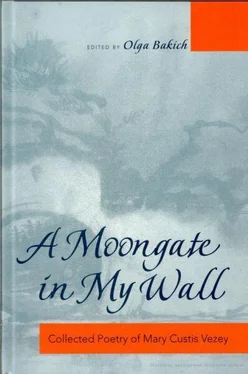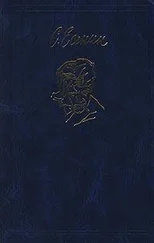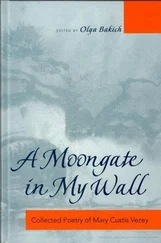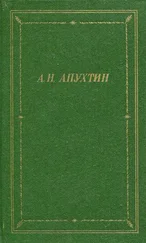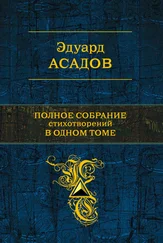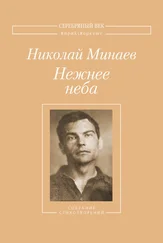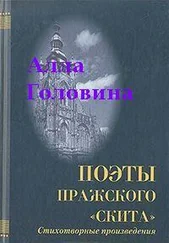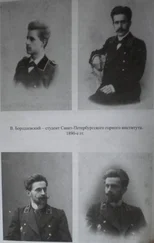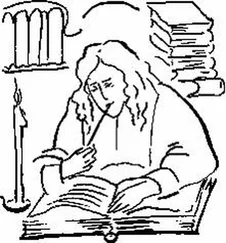With a notation dated 5 February 1985 in the manuscript: «Написано много лет тому назад…»
Variant in the last line in the manuscript: «я не коснулась на земле.»
With a notation in the manuscript: «Тема с вариациями».
Variant in the last line in the manuscript: «голых и мерных и торчащих в небо.»
Variant in the last two lines in the manuscript: «давнишний, тот, что ты забыл,/но тот, который был?»
Published in the journal Kharbinskie kommercheskie uchilishcha Kit. Vost, zhel. dor., San Francisco, no. 4, 1952, p. 52. The last line first stanza read: «о от славных подвигов людских»; the second line of second stanza: «давно погибли без следа»; and the last line of the third stanza: «во что-то верить на земле».
Variant in the third line of the first stanza in the manuscript: «тянулись в него тополя».
Variant in the last line of the third stanza in the manuscript: «и легкой славы не просил».
With a notation in the manuscript: «Это Женьке, конечно.» Женька: see note on poem 193.
Published in the newspaper Russkaia zhizn' (San Francisco), where the last three lines of the first stanza and the first three of the second stanza are as follows: «исхоженные много тысяч лет, / и в то же время — скрыты от взора /мильоны неразведанных планет. // Так много раз с востока солнце встало /и снова встанет мириады раз;/а мы с тобой заботимся о малом».
With a notation in the manuscript: «Посвящается Александре Ивановне Долговой, учительнице русского языка и классной наставнице приготовительного класса гимназии Таганцевой в Ст. Петербурге в году 1912. Она как-то задала классу написать стихотворение; я принесла свое: «Буря зашумела, ветер поднялся…» Она спросила: «Ты сама это написала?» — «Да», — и попросила принести альбом. Прочтя, написала «Будущему поэту». Помню и благодарна всю жизнь».
For an English variant of the Russian poem «Жена Лота», see poem 533.
The first four stanzas were published in the anthology of Russian émigré poetry Sodruzhestvo, Washington, 1966, p. 114, where the second line of the first stanza read: «потерявшие в радость веру».
Variant in the first stanza in the manuscript: «Спустилась мочь легко и глухо,/Луны сверкнуло острие, / сосна, как черная старуха, / глядится в прошлое свое». The manuscript also has two lines which were left out: «Шли облака толпой веселой, / глотали солнце на пути».
Шаньнун: shanshui (Chinese), literally mountains and rivers, i.e., landscape, nature.
With a notation dated 19 May 1994 in the manuscript: «Его последняя весна. For Max Angell, a patient at UC Hospital.» The UC Hospital was a Medical Center at the University of California where Mary Vezey worked for some time.
In one of the manuscripts this poem is en titled «Брату.» For B.B. see note on poem 54.
Published in the anthology of Russian emigre poetry Sodruzhestvo , Washington, 1966, p. 116. Variant in the last line in the manuscript: «Ночь, апрель, залив Шимоносэки».
Корратри: Corraterrie, a street in Geneva. For В.В. see note on poem 54.
Dr. Boldrey: Dr. Edwin Barkley Boldrey, professor, at the time Chairman in Neurogical Surgery at University of California, San Francisco, one of the first neurosurgeons involved in brain tumour research. Mary Vezey worked at his assistant secretary.
For Женька see note on poem 193.
For Володя see note on poem 54.
Bai-d'Along: a bay in Vietnam. Баб-Эль-Мандеба: Bab al Mandab, the strait between the Red Sea and the Ciulf of Aden.
Variant in the last line in the manuscript: «летних дней золотой убор!»
Discarded titles: «Пустыня" and «Lost Tribe.»
Originally entitled: «Случай в джунглях.» Variant of the third line of last stanza in the manuscript: «мерещилось, что отныне.» Ибо: Ibo or Igbo tribe in Riafra, an eastern region of Nigeria. In May 1967, Biafra, led by Oxford-educated Lieutenant-Colonel Odumegwu Ojukwu, declared its independence from Nigeria. The Civil War of 1967–1970 ended in Biafra's surrender; a million people, mostly children, died of starvation, during an economic blockade.
With a notation in the manuscript: «Когда-то давно… в 60-х гг., что ли? или раньше…» and a further notation dated 19 May 1994: «Серенада?»
With a notation in the manuscript: «Когда-то, кажется, и 1960-x гг.»
Variants in the third line оf the second stanza in the manuscript: «погрустишь, что серебряный свет», and in the first line of the third stanza: «И уйдешь бесцельно шагать».
Published in the new spaper Russkaia zhizn’ (San Francisco), 16 February 1973.
Variant in the second line of the last stanza in the manuscript: «его не уловят ни в слове, ни взоре.»
Published in the new spaper Russkaia zhizn’ (San Francisco), 29 January 1976.
Дочь: see note on poem 217.
For Куоккала see note on poem 228.
Published in the new spaper Russkaia zhizn’ (San Francisco), 29 January 1976.
Низам: Nizam, the Giderabad kingdom, the largest vassal state of British India.
Published in the almanac Perekrestki (Philadelphia), no. 6, 1982, p. 19.
Variant in the last line of the fourth stanza in the manuscript: «все плоды тяжелого труда». Хана: «Chinese vodka» in local Sino-Russian jargon.
Читать дальше
